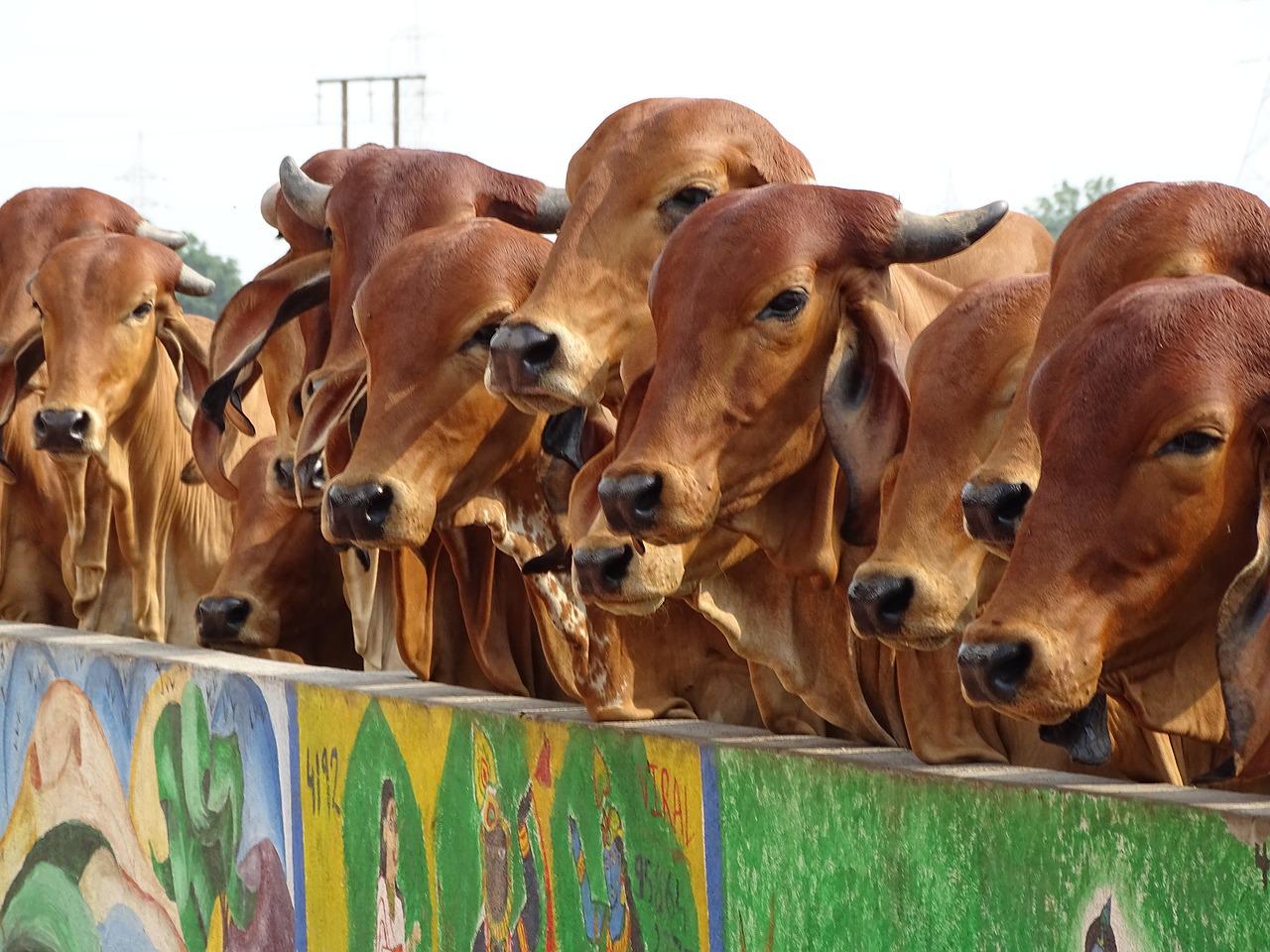A mosquito bites a cow. After 5-9 days, the cow gets a fever, and a short time afterwards, lumpy nodes appear on the skin of the animal.
This is the Lumpy Skin Disease.
The disease is caused by a category of virus called poxviridae. Within the category, Capripoxvirus is responsible for goat pox, sheep pox, and lumpy skin disease in animals.
Other viruses in this category are responsible for measles, small pox, chicken pox, monkey pox, etc.
Like the malarial virus, the vector (carrier) of the disease are insects (typically, mosquitoes) that bite an infected animal and then pass the infection to other healthy animals.
About Poxviridae
Poxviridae is the largest, most complex class of viruses.
They are usually brick shaped, with a single linear molecule of DNA (nor RNA).

They can survive at room temperatures or freezing temperatures for many months and can reinfect.
You can go here to know more about this class of viruses.
What has happened in India?
Typically, lumpy skin disease is an African disease.
The goat pox vaccination is effective in preventing this disease among cattle also.
In India, within the last month, the lumpy skin disease among cattle has been noticed in the following states:
A. Punjab
B. Gujarat
C. Rajasthan
D. Uttarakhand
E. Andaman and Nicobar islands
F. Haryana has just reported its first cases at Ambala.
In Rajasthan, the situation is more serious than in other states. The Rajasthan Association of North America(RANA) has started collecting funds to help farmers vaccinate and protect their cattle. Jodhpur, Barmer, Jaisalmer, Jalore, Pali, Nagaur, Sirohi and Bikaner districts have reported the highest numbers.
In Punjab, where the first confirmed case was reported on July 4th, about 20,000 infected cattle are now reported.
In Gujarat, about 70,000 cows are infected in 20 districts.
Most of the affected animals are cows.
Steps taken to control
The government has instructed dairy farmers to take the following steps:
A. Isolate the infected cattle and do not use milk or other cattle products from these creatures. Ensure that they do not interact with healthy cattle.
B. Try to get the cattle vaccinated against the goat pox virus.
A central government team is working with the states to ensure that the spread is controlled.
Another viral emergency – Monkeypox
India is already dealing with another virus borne disease – monkey pox. Monkeypox has been declared a public health emergency by the WHO and the US. In India, monkey pox screening for people traveling from outside India has started at some airports and the National Institute of Virology (NIV) has started to analyse strains.

